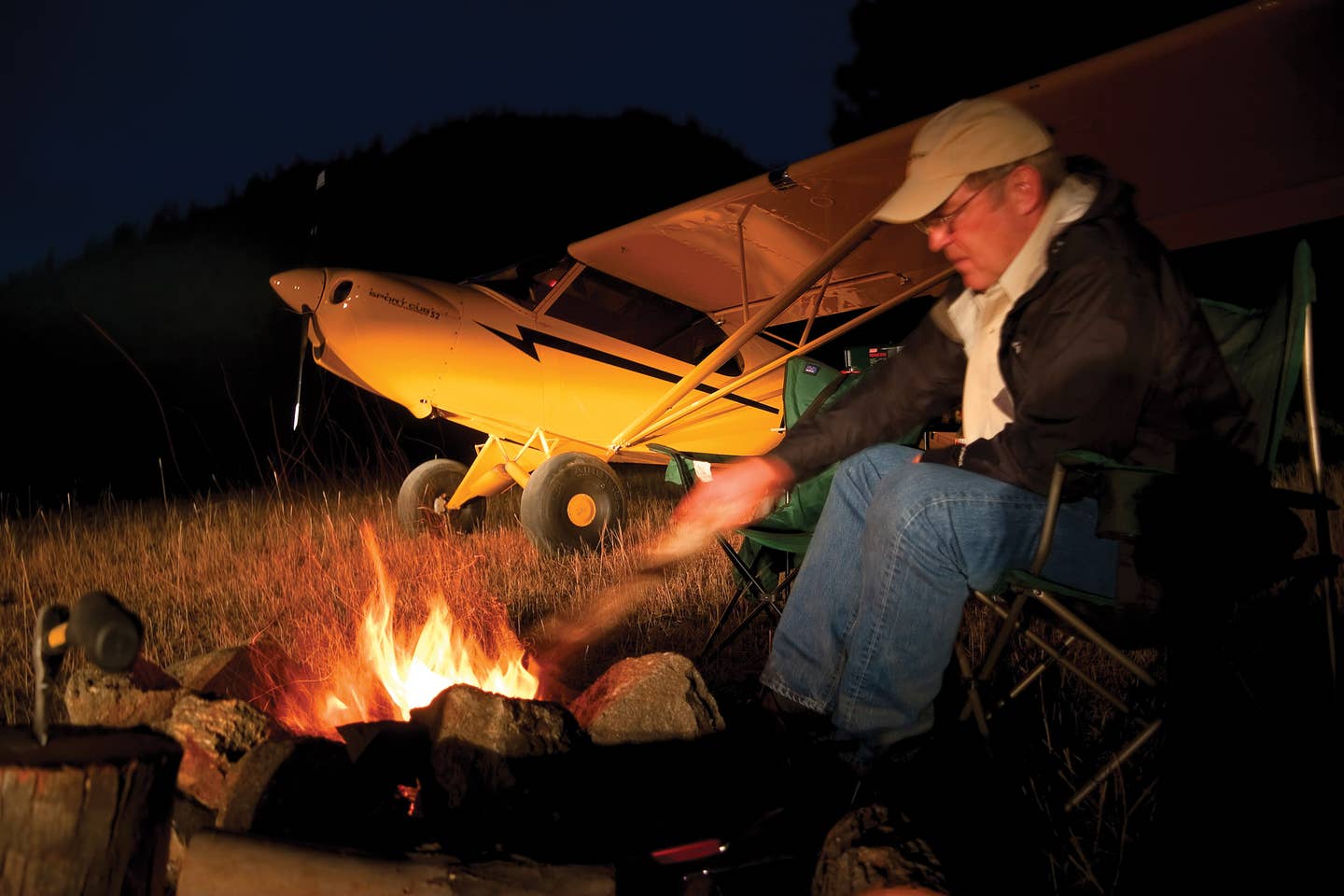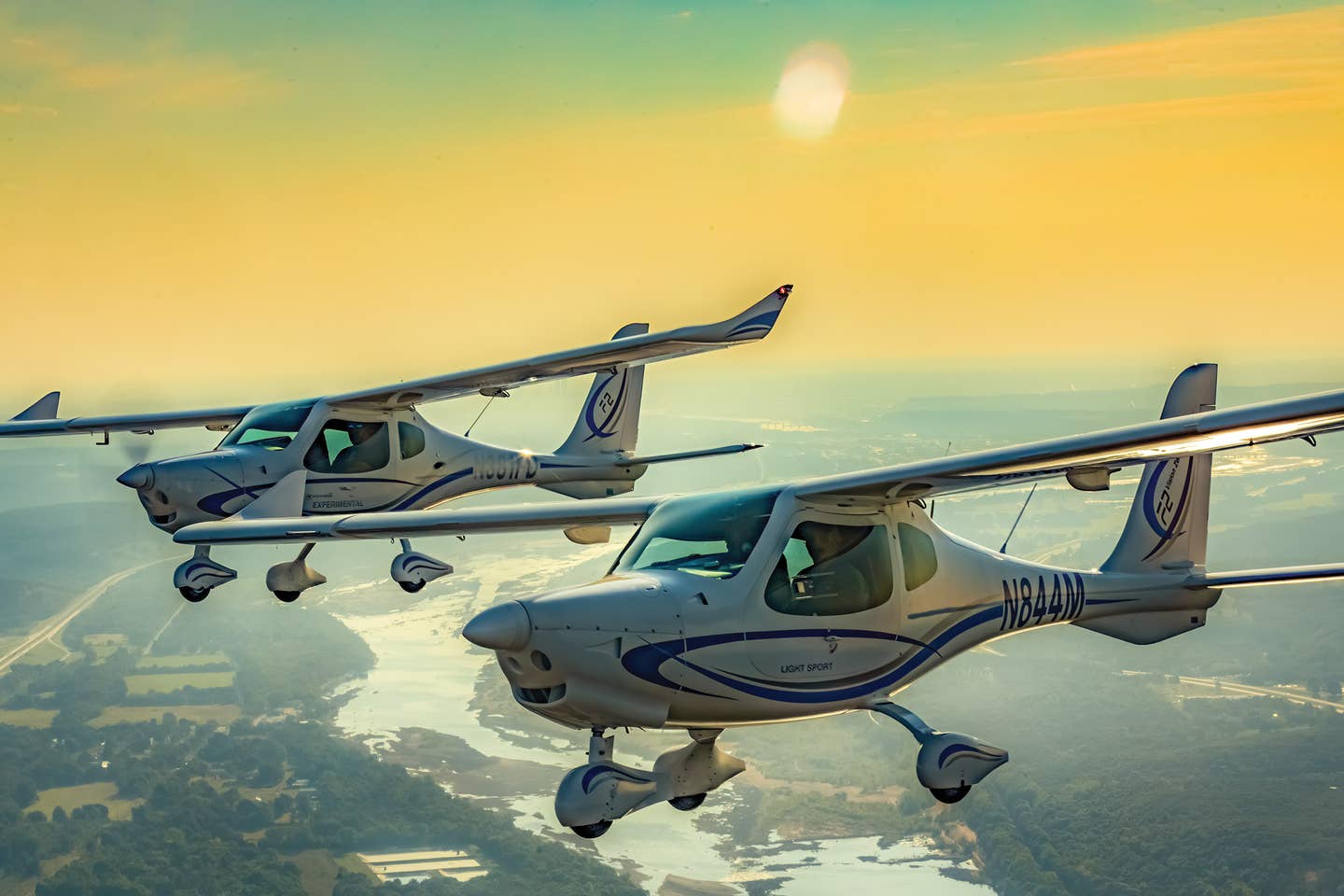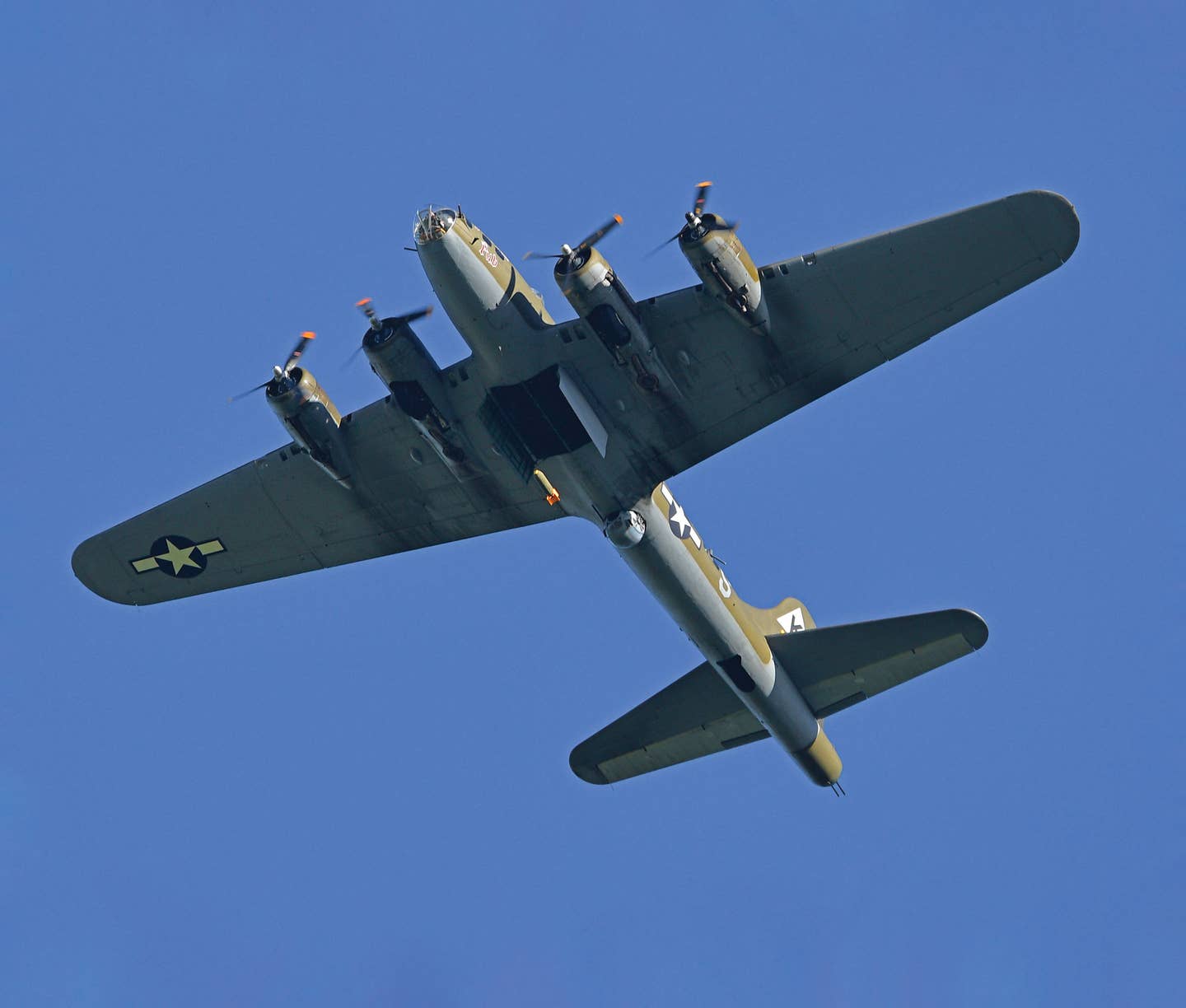 THERE'S NO SUBSTITUTE FOR EXPERIENCE. Although actual experience may be the best teacher, paying close attention to people who are in a position to share their knowledge with you is just as important. |
All of us will reach a stage in life when we've lost or are losing friends (as they slip away physically, mentally or both). Some of my older friends are immensely experienced and talented aviators, designers or engineers. In most cases, they're all of the above. All of them are outstanding human beings who have lived lives we should admire (some spanning 90 years or more). I can't help but feel sad knowing what a massive amount of irreplaceable knowledge is stored in their mental hard drives---which they'll eventually take with them. That's one of the more frustrating aspects of life: We're constantly reinventing simple truths that those who came before already knew.
I suppose every field, whether it's widget counting or nuclear physics, faces the same saw-toothed battle with preserving knowledge: We're constantly building and then losing it. In aviation, this loss of information may be more tangible and obvious because those aviators we admire most are more than just pilots: Their experiences have equipped them to learn much more about the art and science of airplanes than is represented by their logbooks or by their diplomas (or lack thereof). The amount of pure, indefinable art involved in flying airplanes may be what makes it so difficult to put all that stored-up knowledge into the pages of textbooks (or other easy-to-pass-along packages).
As hard-core as the hardware may be and as scientific as all the aerodynamic theories may be, there are some fundamental aspects (I hesitate to say fundamental facts) about airplanes that exist in gray areas. We often know what's theoretically supposed to happen in an airplane in a given situation, but it frequently doesn't. And although there's, undoubtedly, a scientific explanation in which equations and graphs will reduce a thing to logical facts, in many cases, you'll have the most learned people on the planet butting heads about what's actually happening at that moment. And then, one of those people, which includes some of my friends who have been at this for a million years, scratches his or her head, says a few quick sentences and sorts the entire thing out. Or at least is able to reduce the misunderstood theories to thoroughly understandable ways of dealing with the situation in the real world. These people seem to know the answers intuitively. However, what sometimes appears to be intuition is actually a form of unconscious, long-term trend analysis: After you've seen the same thing happen enough times, you know what to do the next time it shows up.
I once watched Curtis Pitts hang around the edge of a discussion about "aileron snatch," a phenomenon where something is causing the ailerons to suddenly jerk just a little one way or another. It's not generally dangerous, but it scares the socks off the pilot. There were lots of words like "balance" and "airflow" flitting around, and theories of all flavors were being bandied about. Then Curtis took a pair of duck-billed pliers, squeezed the ailerons' trailing edges ever so slightly, and the "snatch" disappeared. Could he explain the theories behind it? Not exactly. But over nearly 90 years of living, he had seen aileron snatch enough times and tried enough different fixes that he finally found the ultimate solution in the pliers trick. Given time, the rest of us might have tried the same technique, but it was something Curtis had filed away decades earlier and knew where to find in his mental toolbox. He had tracked a past trend and remembered the solution, and there's something we can all learn from that.
There simply is no way anyone like the late Curtis Pitts, my Grumman test- pilot friend Corky Meyer or so many others (Yeager, Hoover, Anderson and on and on) can even begin to put all they've learned into a single capsule that we can gulp down (take before meals, drink plenty of water) to become instantly smarter. Smarter doesn't happen instantly---it happens slowly and sometimes doesn't happen at all. But if there's one ingredient that will help you become more educated than your experience would indicate, it's a drive to listen carefully to others.
When people you respect tell their tales, often in the context of a fun, relaxed bull session, you should listen, and you should listen closely. What you're experiencing is the age-old process of elders passing their knowledge down to those who follow. They won't be doing it in a lecture format, wherein each fact is carefully inserted into a well-crafted sentence meant to be frantically copied into a notebook. They'll be describing those never-ending and always interesting adventures/experiences, and the bits and pieces of knowledge will be sprinkled throughout what appears to be pure entertainment. The story might not have been designed to be educational, but it still offers an instructive lesson. This assumes, of course, that you're listening closely enough to mentally file their experiences away in your own hard drive. If you do that, then you make their experiences your own and you can benefit from what they've learned.
There's no substitute for being out there and doing it yourself. Experience teaches you things you can learn no other way. At the same time, however, there's no bigger waste than assuming a hangar tale is just a hangar tale that's intended only to entertain. If the speaker is someone you trust and respect, listen carefully. Words like theirs aren't repeated often, and they carry the keys to the art of aviation. If you don't listen, you can live as long as they live and still not learn as much. Experience is the best teacher, but words from those with experience are a close second best.
Budd Davisson is an accomplished aviation writer and photographer, CFII & CFIA, aircraft owner and builder. He has authored two books and lectured at the Smithsonian and NASA's Langley Research Center. Check out his website at www.airbum.com.

Subscribe to Our Newsletter
Get the latest Plane & Pilot Magazine stories delivered directly to your inbox






